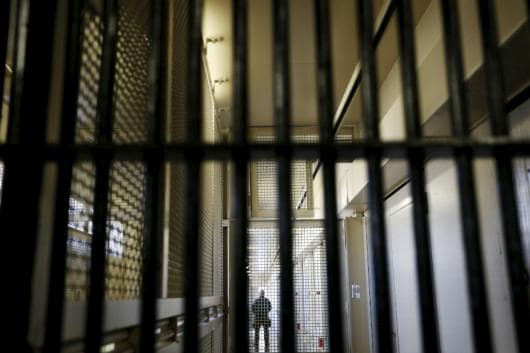As many as 89 prisoners tested positive for novel coronavirus (COVID-19) at different Jails in Lahore on Tuesday.
According to the provincial health department authorities, At least 59 prisoners at Lahore’s Camp Jail, or District Jail Lahore, tested positive for the COVID-19, whereas 14, seven, and nine were diagnosed with the novel COVID-19 in Sialkot, Gujranwala, and Dera Ghazi Khan, respectively.
Reports of 438 of the 527 prisoners tested in Camp Jail had been released. Of them 379 had tested negative for the COVID-19.
Earlier health officials said as part of precautionary measures, all the prisoners in Lahore’s camp jail had screened for coronavirus, adding that 26 of them were diagnosed with the diseases.
Prisons in Punjab face massive overcrowding, with limited hygiene supplies and insufficient access to healthcare. Enforcing inmates to practice social distancing would be impossible, given the overcrowding, drastically increasing the potential for the virus to spread.
Pakistani authorities must protect the health of all prisoners and should urgently consider measures to reduce the prison population. Should the government fail to act now, Pakistani prisons and detention centers could become hotspots for the transmission of coronavirus.
People regularly cycle in and out of jails and prisons, people who work in them leave and return daily, and visitors regularly stream through. Viruses of all kinds have multiple entry points, and those that enter tend to spread fast.
COVID-19 outbreaks in and around jails and prisons don’t just have health impacts for people within the justice system. If public health officials recommend that courts not meet during outbreaks, people might be held for longer than necessary. It might be challenging for people on probation to meet with supervisors or fulfill community supervision requirements if there are restrictions on movement in an area.













